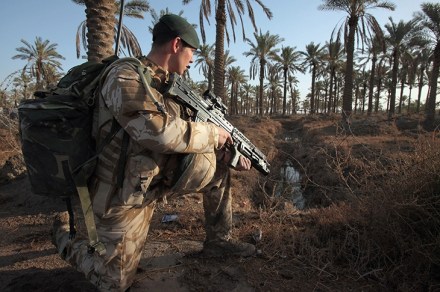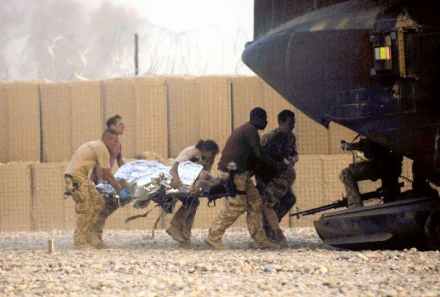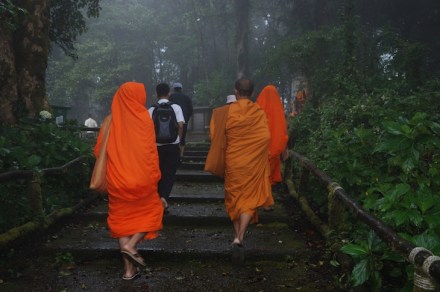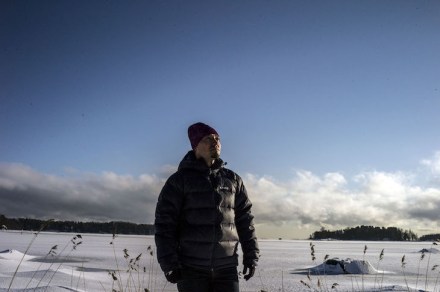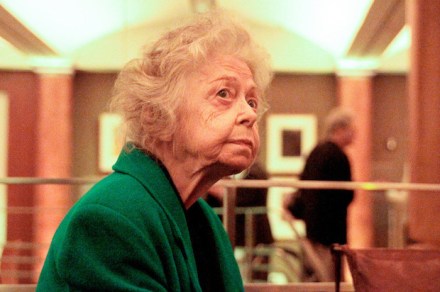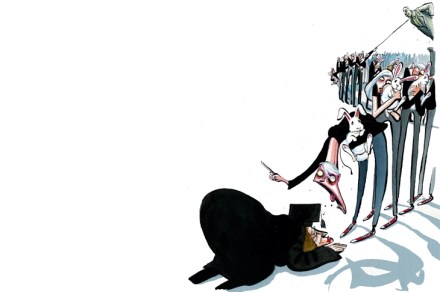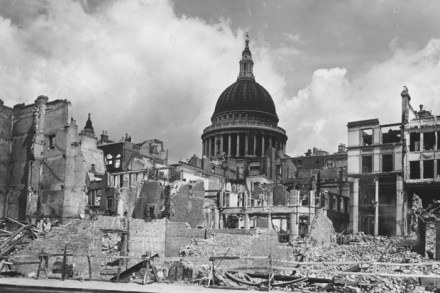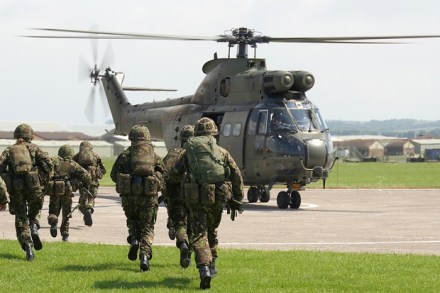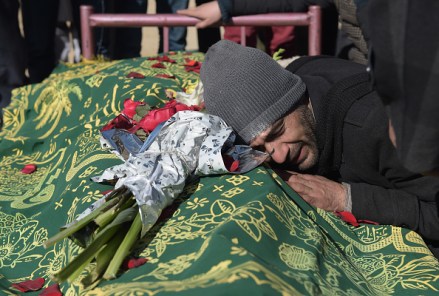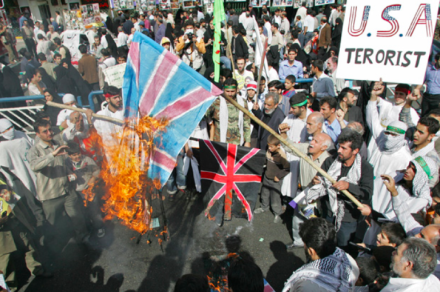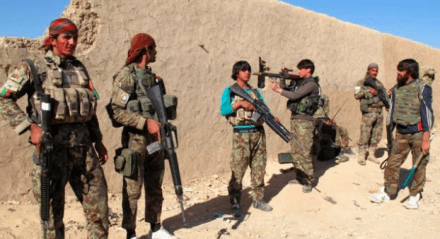Neither ‘Mad Dog’ nor ‘Warrior Monk’, General Jim Mattis is a thoughtful strategist
General Jim Mattis ended his remarkable career as a four-star US marine general, and finally as US secretary of defense. His book Call Sign Chaos is co-authored with Bing West, also an ex-marine and one-time assistant secretary of defense. It is partly an autobiography and partly a treatise on leadership. The autobiography relates his career from second lieutenant to general by way of three wars: the liberation of Kuwait in 1991 after Saddam Hussein’s invasion of that neighbouring country; the removal of the Taleban from Afghanistan in 2001 following 9/11; and the invasion of Iraq in 2003. Finally come his days — a total of 712 — as defense secretary,



